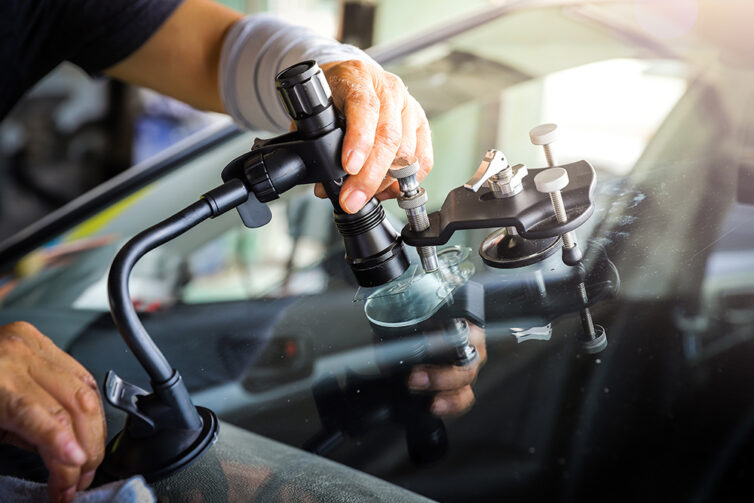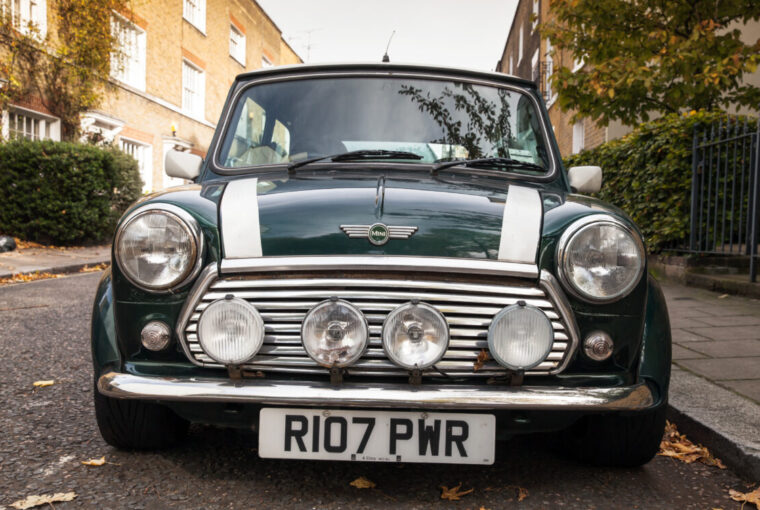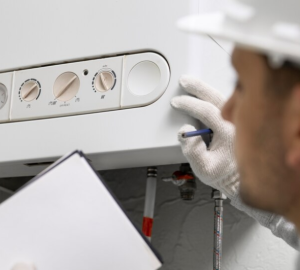We’ve all been there. First, the low tire pressure signal lights up on the dashboard. Ok, fine. You can always fill that up at your local gas station. Then your oil change light comes on. Alright. You can go a few hundred miles without any major problems.
But what happens when smoke comes out of the exhaust? What happens if your car just won’t start some mornings? These are car problems you should never ignore. Not only can seemingly-small problems turn into huge issues, but they can also threaten your safety.
Continue reading to know the difference between car problems that can wait and car problems that need immediate attention.
Don’t Ignore These Serious Car Problems
At the end of the day, you want to go from Point A to Point B with no stalling or breakdowns. You also want to make it to your destination in one piece. If you notice any of these issues, consult a mechanic immediately:
Your Engine’s Overheating
If your engine’s temperature is in the triple digits, chances are, it needs coolant. You can find this fluid at most gas stations and retail stores. However, if this doesn’t do the trick, you might have a leak, preventing the coolant from “cooling” your engine.

When your engine overheats, it warps the engine’s valves, gaskets, and pipes. Your car probably won’t “blow up.” However, what could initially start as a small leak could spiral into a thousand-pounds problem.
You Literally Have to “Floor” the Brakes
Ideally, you should only have to tap the brakes to come to a complete stop. If you have to press hard on the brake pedal, your brake pads are worn and need replacing. Sure, your car won’t stop working, but faulty brakes are one of the leading causes of rear-end collisions. You don’t want to cause a serious accident and be found liable.
Your Steering Wheel Shakes After Reaching Certain Speeds
You should get your tires rotated and inspected every time you get an oil change. Getting your tires rotated ensures that your car’s direction matches the steering wheel’s.
The next time you’re driving, take your hands off the steering wheel (just for a second!). If your car veers to one side, your tires need rotating. By forgoing this measure, you risk wearing your tires down faster than usual.
There’s Smoke Coming Out of Your Exhaust Pipe
You never want smoke coming out of your exhaust. That in and of itself prompts a trip to the mechanic. However, the smoke’s color can give insight into your problem’s root cause. Consider the following:
- Blueish-grey smoke indicates a leak in the oil line. Oil lubricates your car’s insides. Without it, your car will experience above-average wear and tear.
- White-grey smoke means you have a leaking head gasket. This device manages your engine’s pressure and prevents coolant from leaking. In addition to having this smoke come out of your exhaust, your engine may be overheated or make odd noises.
- Black smoke means that you have a very rich fuel mixture. This is not good. It means that your car’s getting too much fuel and too little air. You might smell gas when your car is idling and get less-than-ideal mileage.
There’s a Small Chip in Your Windshield
A small chip can quickly turn into a spider-web-like crack, impeding your line of sight. The law reguarding motorists fixing this type of damage can be found here: https://www.gov.uk/government/publications/stickers-or-other-items-in-front-and-rear-windscreens/view-to-the-front-and-windscreen-obscuration.

According to the RAC:
“Driving with a cracked windscreen can be considered a motoring offence. It could constitute use of a motor vehicle in a dangerous condition.”
“The Highway Code states that drivers should have a full view of the road ahead and glass should be maintained in a good condition. A cracked windscreen can obscure driver view – if a motorist is stopped, it could result in a fixed penalty of three points on their licence and a fine.”
Your Car Won’t Start
This problem prompts most people to seek expert help. There could be many reasons why your car won’t start, from having a gas leak to having an ignition problem. If you’re able to get your car up and running, be extremely cautious.
Even if you’re only driving to the mechanic down the street, you risk:
- Breaking down in the middle of the road
- Causing more damage
- Being unable to avoid an accident
- Overheating your engine
- Losing control of your car
- Causing further damage, including engine fires
You’re Getting Low Mileage
Your fuel economy depends on what type of car you own. For instance, if you have a Toyota Prius, you’ll get an impressive 83 miles to the litre. However, if you’re driving an old Landrover 4WD in the city from the early 2000s, you could get less than 12 miles to the gallon––and that’s on a good day.
If you’re getting low mileage, it’s likely an old fuel filter or fuel injector. Unaddressed, you might find yourself standing at the pump more often than you’d like.
Certain Things Put Cars at Risk of Developing Serious Issues
While your car’s age and mileage are important, it doesn’t necessarily free you from serious problems. Just because you drove a brand new Mercedes S class off the lot doesn’t mean it’s perfect.

Keep in mind that the Driver & Vehicle standards Agency recalls thousands of cars a year––even those fresh from the factory. While it’s rare (and pretty unlucky) to drive a defective car off the lot, these things can increase your car’s likelihood of serious issues:
- Mileage. Once your car nears the 100,000-mile mark, chances are, it needs new engine parts, fuel pumps––the works.
- Your car’s type. Let’s face it. Some cars are better manufactured than others. Many people swear by Toyota and drive them well past the 100,000-mile mark with little issues. Jaguars and other luxury cars, however, don’t usually last that long.
- Where you live. Wet and salty areas will rust your car, the dryer the area is the less damage your car will suffer.
- How well you drive. Ask yourself: “How often do I hit the curb? Do I actually slow down near speed bumps, or do I usually go airborne for a few seconds?” Shock absorbers, tires, rims, and even your brakes can suffer damage with prolonged reckless driving.
A Final Word
Trust your instincts. If you’re concerned about your car’s performance, you should consult a mechanic. Many auto repair shops do free diagnostic testing where you can learn more about your problem. Remember: it’s always better to be safe than sorry.









